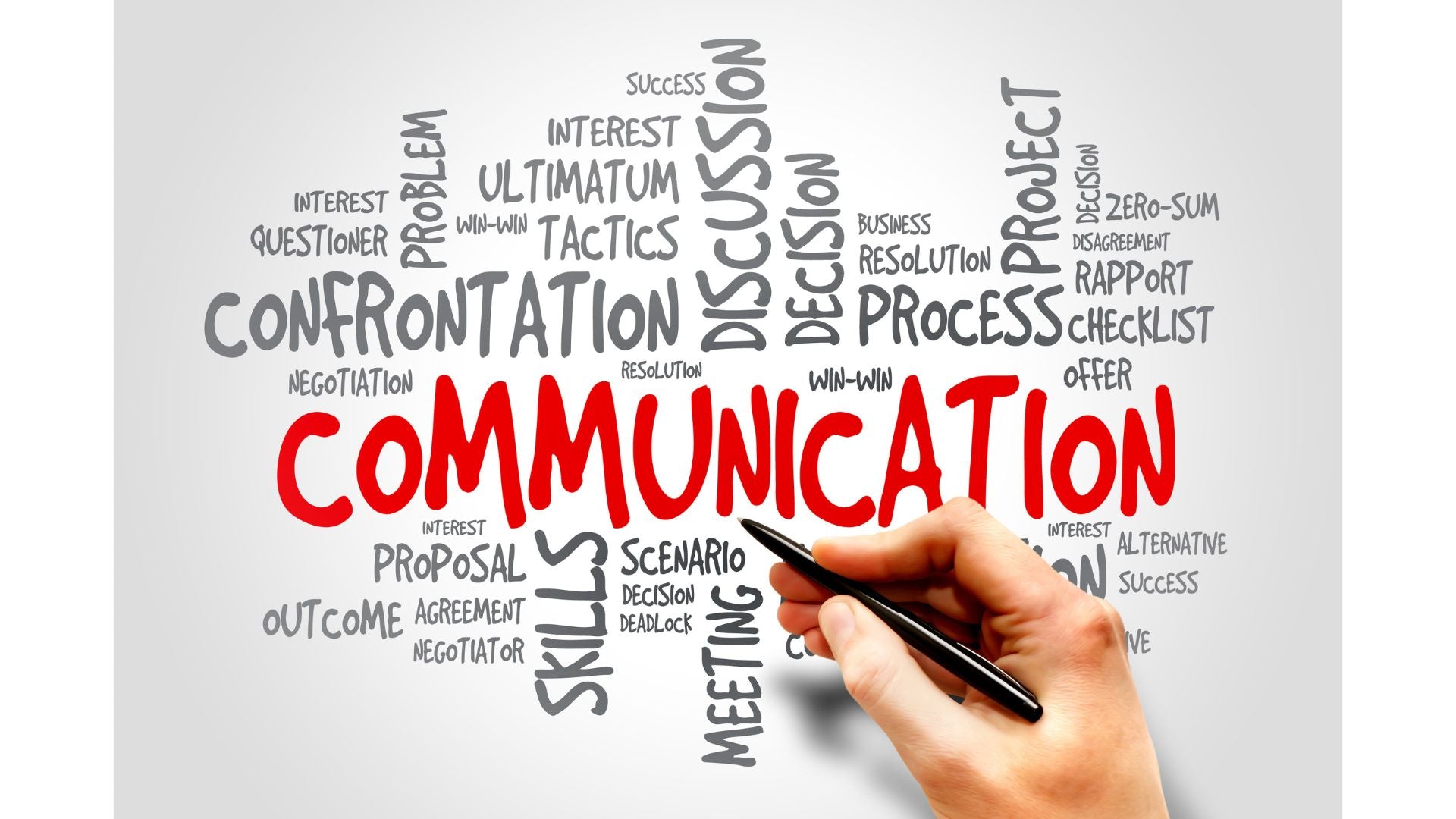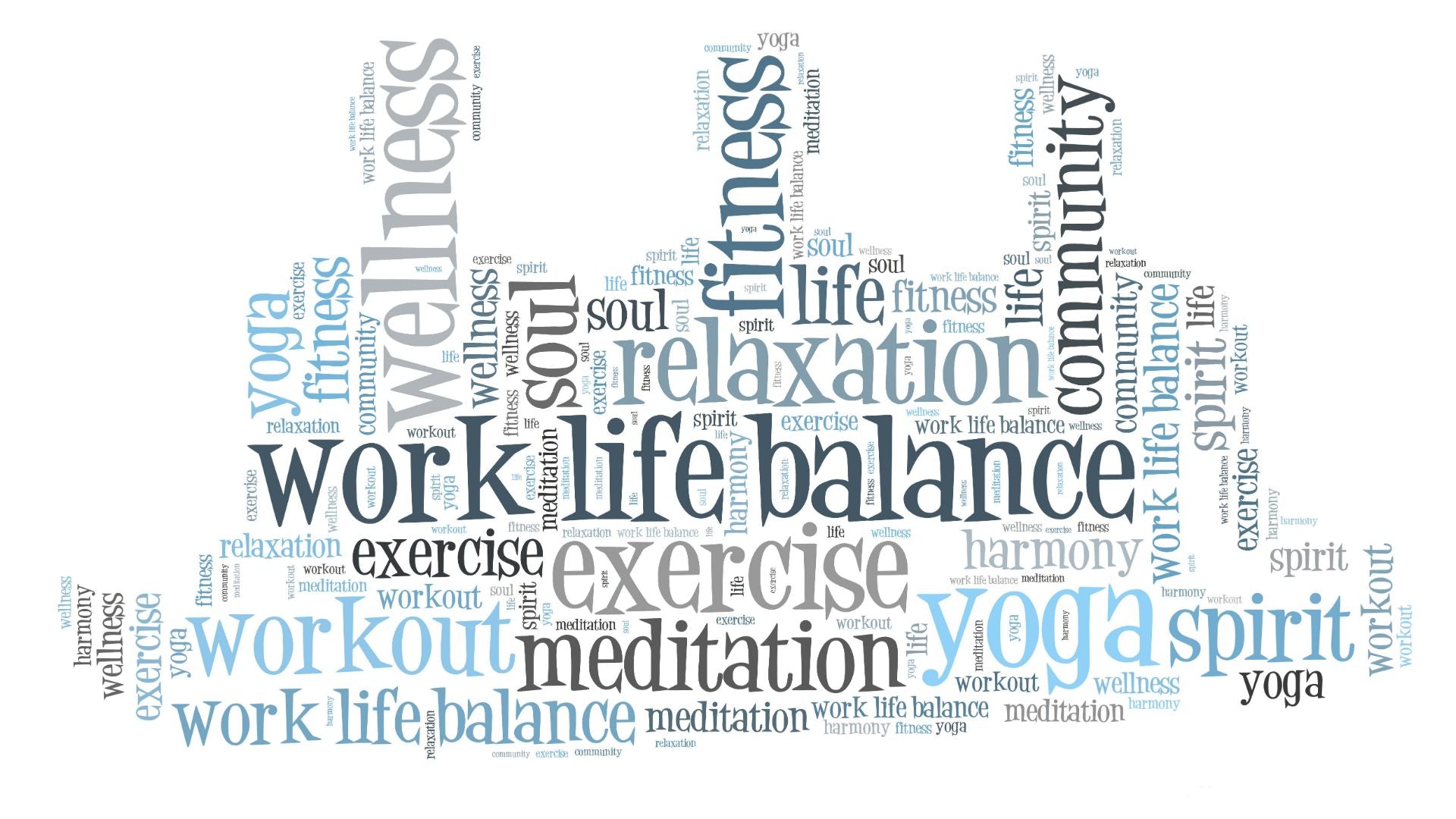Communication is the foundation of human connection. It is the key that unlocks the door to understanding, empathy, and strong relationships. Whether it's with our partners, family, friends, or colleagues, effective communication plays a vital role in building and maintaining healthy connections. In this blog, we will explore the art of effective communication and learn strategies to enhance our ability to connect and deepen relationships.
1. Listening with Empathy:
Effective communication begins with being a good listener. Listening goes beyond simply hearing words; it involves understanding the emotions, concerns, and underlying messages conveyed by the speaker. Practice active listening by giving your undivided attention, maintaining eye contact, and using verbal and non-verbal cues to show that you are fully present. Validate the speaker's feelings and perspective, and avoid interrupting or imposing your own judgments. Empathetic listening fosters trust and encourages open dialogue.
2. Clarity and Conciseness:
Clear and concise communication is essential for conveying your thoughts and ideas effectively. Avoid using jargon, complicated language, or excessive details that can lead to confusion. Be mindful of your tone and body language, ensuring they align with your intended message. Articulate your thoughts in a way that is easily understood by the recipient, encouraging an open and constructive conversation.
3. Expressing Needs and Feelings:
It is crucial to express your needs and emotions honestly and assertively, while also being considerate of the other person's feelings. Use "I" statements to express your thoughts and emotions without blaming or accusing others. For example, instead of saying, "You never listen to me," reframe it as, "I feel unheard when I don't get a chance to share my thoughts." This approach encourages a non-confrontational dialogue and fosters understanding.
5. Non-Verbal Communication:
Non-verbal cues, such as facial expressions, gestures, and body language, play a significant role in communication. Pay attention to your own non-verbal cues and be aware of the signals others are giving off. Maintain an open and relaxed posture, make appropriate eye contact, and use facial expressions that align with your message. Non-verbal communication can reinforce or contradict verbal messages, so it's important to ensure consistency between the two.
5. Managing Conflict:
Conflict is a natural part of any relationship, but how we communicate during conflicts can make a significant difference in resolving issues and strengthening the bond. When conflicts arise, focus on active listening, expressing your needs calmly, and seeking a win-win solution. Avoid blaming, criticizing, or becoming defensive. Use "I" statements to explain how the situation affects you and be open to understanding the other person's perspective. Respectful and empathetic communication during conflicts paves the way for finding common ground and fostering compromise.
6. Cultivating Emotional Intelligence:
Emotional intelligence is the ability to recognize and understand emotions in ourselves and others. Developing emotional intelligence enhances our communication skills by allowing us to empathize, respond appropriately, and regulate our own emotions. Practice self-awareness by reflecting on your emotions, needs, and triggers. Seek to understand the emotions of those around you by observing their verbal and non-verbal cues. Emotional intelligence builds bridges of understanding and facilitates deeper connections in relationships.
Conclusion:
The art of effective communication is a lifelong learning process that requires conscious effort and practice. By becoming skilled communicators, we can forge stronger connections, cultivate empathy, and navigate conflicts with grace and understanding. By actively listening, expressing ourselves clearly, managing conflicts constructively, and cultivating emotional intelligence, we can build and nurture healthier, more fulfilling relationships. Remember, effective communication is not only about speaking, but also about truly hearing and connecting with others.



